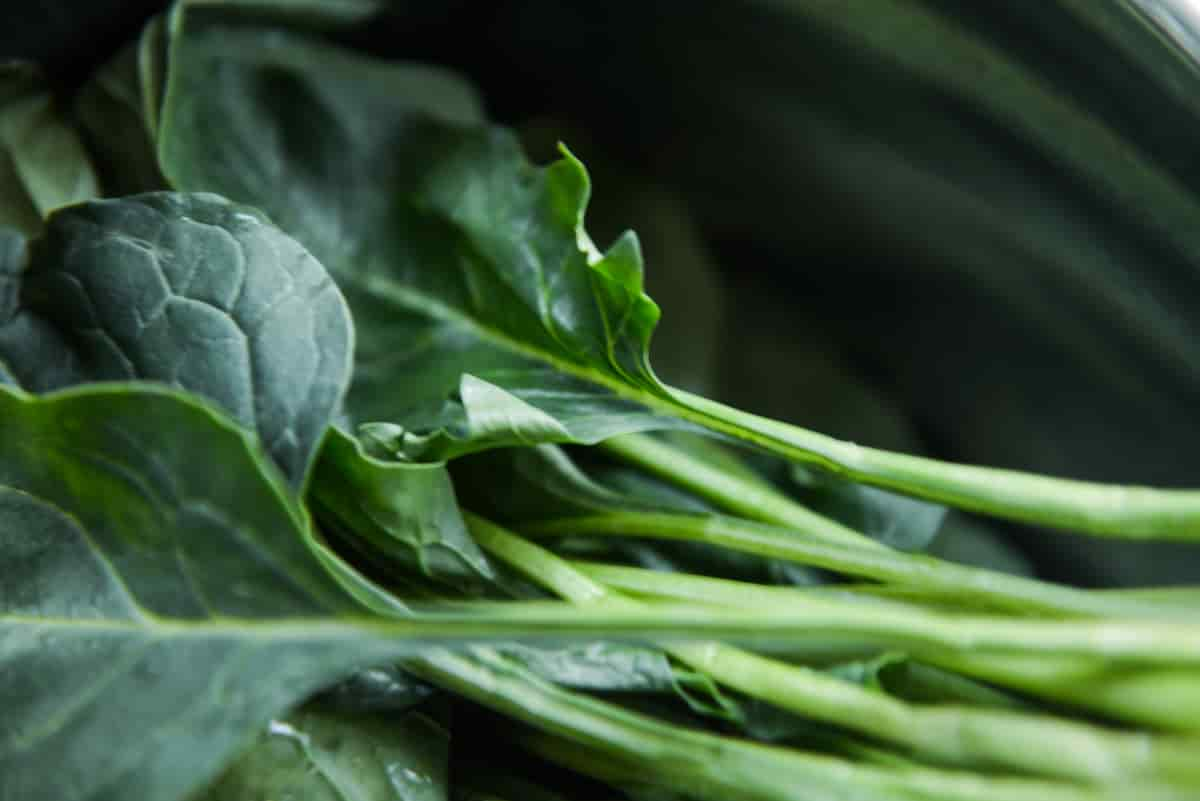One of the B vitamins, when consumed at higher levels, was found to lower the odds of getting bowel cancer.
A study reveals that higher intake of dietary folate or folic acid supplements may reduce the odds of developing bowel cancer — technically known as colorectal cancer.
Increased folate intake reduces the risk of bowel cancer somewhere between 7-17 percent.
Furthermore, researchers found that for every 260 μg more dietary folate consumed, there was a seven percent reduction risk in bowel cancer.
Dr Konstantinos Tsilidis, the study’s senior author, said:
“When it comes to bowel cancer, there are a number of things that people can do to reduce their risk, including eating a varied diet—rich in wholegrains, vegetables, fruit, and beans—which supports the findings from this study.
The potential protective health benefits of vitamin B9 are demonstrated in this large study.
The study also found some promising findings about how folate might be influencing cancer risk, including different genes, but these need further exploration.”
Vitamin B9
Dietary folate is the natural form and folic acid supplementation is the synthetic form of vitamin B9.
Humans cannot make vitamin B9 therefore it is essential to obtain it from the diet or supplementation.
The recommended daily amount for vitamin B9 is an intake of 400 micrograms (μg) per day.
Lentils, peanuts, sunflower seeds, soybeans, oranges, and leafy green vegetables such as broccoli, asparagus, spinach, and brussels sprouts are considered folate-rich foods.
Decrease disease risk
Bowel cancer is the third most common world-wide: over 153,000 US adults were diagnosed with it in 2023.
This research analysed data from 70,000 adults to find out whether genetic variation has any effect on folate metabolism in regard to bowel cancer.
Vitamin B9 is vital for the body to make DNA, RNA, and red blood cells.
It is also important that women who are trying to get pregnant or are in their first 3 months of pregnancy take 400 μg folic acid daily.
The nutrient plays a crucial role in the development of the baby’s brain and spine.
Dr Helen Croker, a dietitian at World Cancer Research Fund, commenting on this study said:
“Interestingly, in this study, the protective effects were seen at usual dietary intakes of folate, further indicating the importance of folate-rich foods as part of a healthy, balanced diet as well as being physically active.”
Mr Matt Lambert, a nutritionist at World Cancer Research Fund, said:
“This study adds to what we’ve been saying for years—that a healthy diet based around vegetables, fruit, whole grains, and pulses can help reduce cancer risk.
Folate, which is found in a variety of foods, including leafy green vegetables like spinach and broccoli, has not only been linked to a reduced bowel cancer risk but also supports our overall health if eaten regularly.”
Related
- Folate deficiency is linked to a tripling in the chance of dementia.
- Sugary drinks increase risk of colorectal cancer.
- Memory and thinking problems can be a sign of vitamin B12 deficiency.
- Fried foods increase the risk of inflammatory bowel disease and colon cancer.
The study was published in The American Journal of Clinical Nutrition (Bouras et al., 2023).

